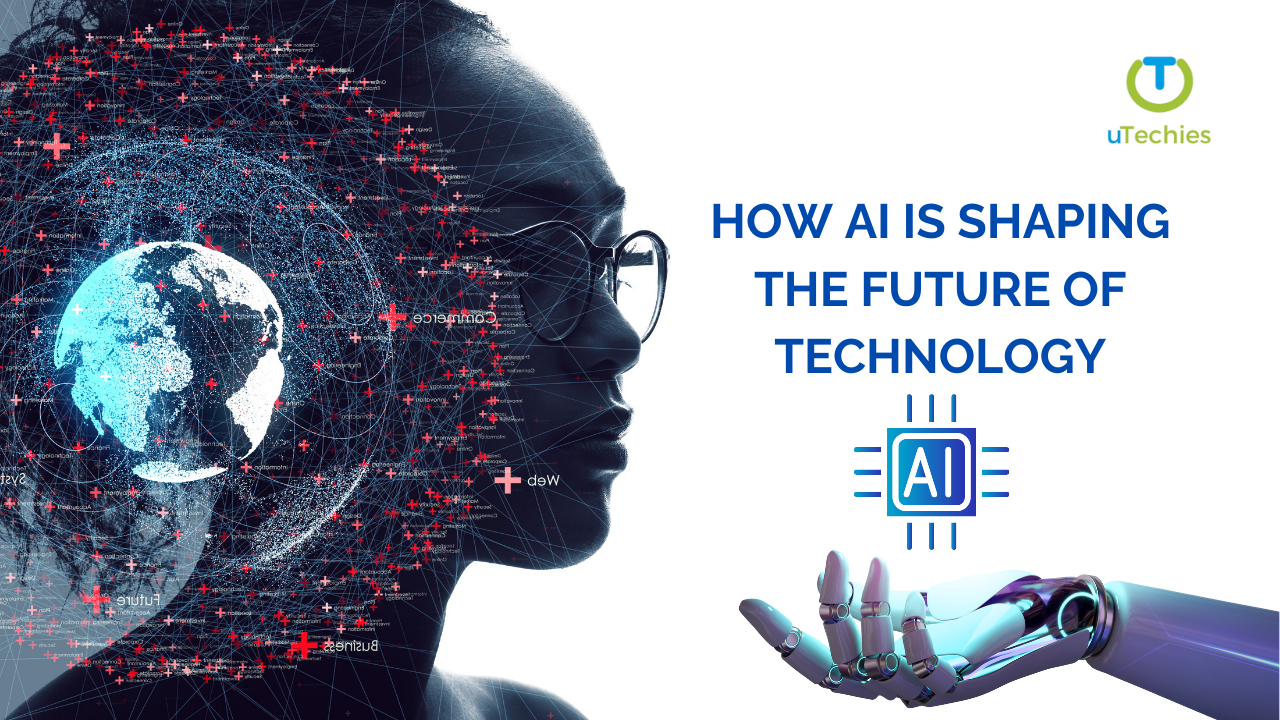Artificial Intelligence (AI) is making waves across industries, driving innovations and redefining the way technology impacts our lives. Its scope goes far beyond automation, influencing decision-making, interactions, and operational efficiency in unprecedented ways.
The Journey of AI Evolution
From basic algorithms to cutting-edge adaptive systems, AI has come a long way. Breakthroughs in machine learning and deep learning have unlocked the potential to process immense volumes of data. These advancements have catalyzed progress in areas like natural language processing (NLP), robotics, and predictive analytics, fueling innovation while streamlining complex processes.
Areas Where AI is Making an Impact
1. Streamlined Automation
AI’s transformative power is most evident in automation. Companies leverage AI to optimize workflows, minimize expenses, and boost productivity. Tools like chatbots and virtual assistants are redefining customer service, efficiently handling routine tasks while enabling human workers to tackle complex challenges. In manufacturing, predictive maintenance powered by AI enhances precision and minimizes equipment downtime.
2. Transforming Healthcare
Healthcare is witnessing a revolution through AI-driven innovations. Machine learning models are uncovering patterns in medical data, allowing for earlier and more accurate diagnoses. For example, AI is instrumental in detecting diseases like cancer at earlier stages. Moreover, its role in drug discovery—simulating clinical trials and predicting outcomes—is accelerating the development of life-saving treatments.
3. Improved Decision-Making
Organizations are harnessing AI to make informed decisions faster. Predictive analytics, in particular, is invaluable in anticipating market trends, enabling businesses to adapt with agility. In finance, AI systems enhance fraud detection and risk assessment, providing a competitive edge over traditional methods.
4. Enhancing Human-Machine Interaction
AI is revolutionizing communication by making technology more user-friendly. With advancements in natural language processing, interactions with devices have become intuitive and conversational. As AI continues to understand context and emotions better, applications such as virtual assistants are delivering more personalized user experiences.
5. Smart Infrastructure and Urban Planning
AI is laying the foundation for smart cities, where real-time data analysis optimizes traffic management and enhances public safety. Additionally, AI-driven urban planning ensures efficient resource distribution, leading to improved living standards for residents.
Emerging Trends in AI
The future of AI holds exciting possibilities, including:
- Generative AI: Tools capable of autonomously creating content and solutions are expected to revolutionize creative industries.
- Ethical AI: The increasing integration of AI demands robust frameworks to address concerns about bias, privacy, and workforce transitions.
- Collaborative AI: Far from replacing humans, AI is set to augment human capabilities, opening new avenues in fields like data science and AI development.
Conclusion
AI is not merely a technological trend but a transformative force shaping the future of industries worldwide. With its ability to enhance efficiency, drive data-centric decisions, and redefine interactions, AI stands as a cornerstone of innovation. Navigating the challenges of AI adoption responsibly will ensure it remains a tool for empowering humanity in the years to come.






